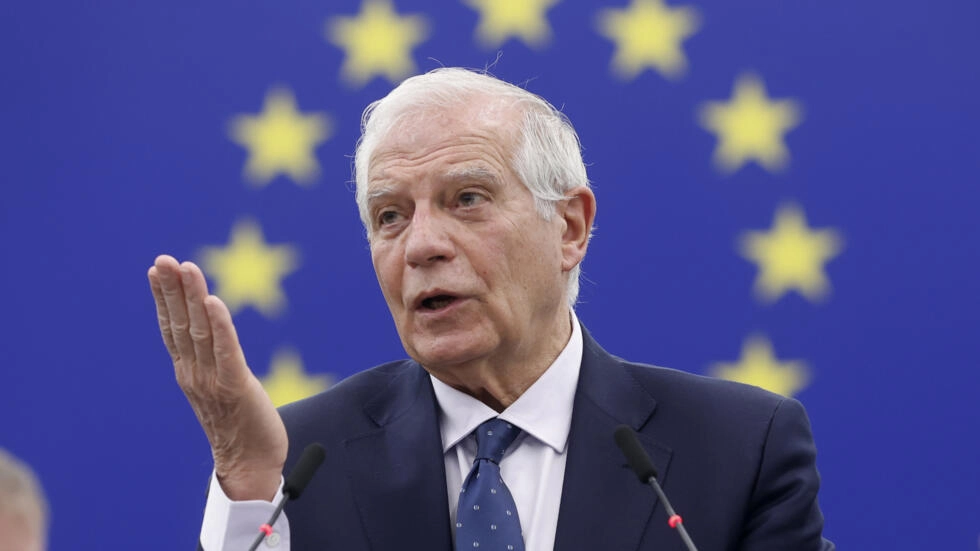
The European Union’s top diplomat on Monday voiced solidarity with France’s ambassador to Niger, who has faced intense pressure after refusing expulsion orders from military leaders
After sacking the elected government in late July, the military said it was expelling Ambassador Sylvain Itte, but the former colonial power does not recognize the authority of the putschists.
President Emmanuel Macron said last week that the ambassador was “literally being held hostage” in the embassy, living off military rations after the military cut off deliveries of supplies.
“We expressed our solidarity with France over the situation of its ambassador on the ground,” EU foreign policy chief Josep Borrell told reporters after the bloc’s foreign ministers met on the sidelines of the UN General Assembly in New York.
He also renewed the bloc’s “full solidarity” with Mohamed Bazoum, the elected president who has been detained by the military, praising his “courage and determination.”
Borrell said that the Europeans also agreed on the need to “reassess” their strategy in the Sahel, where France in particular has led years of efforts aimed at defeating jihadists.
“We need a new approach as we are facing a much more complex environment,” he said.
“We insisted on the idea that we need African solutions for African problems.”
Over the past decade, the European Union has spent 600 million euros in civilian and military missions in the Sahel, training 30,000 personnel of security forces and 18,000 troops in Mali and Niger, Borrell recently told the European Parliament.
Nonetheless, military leaders have taken over in both countries and in neighboring Burkina Faso.





















